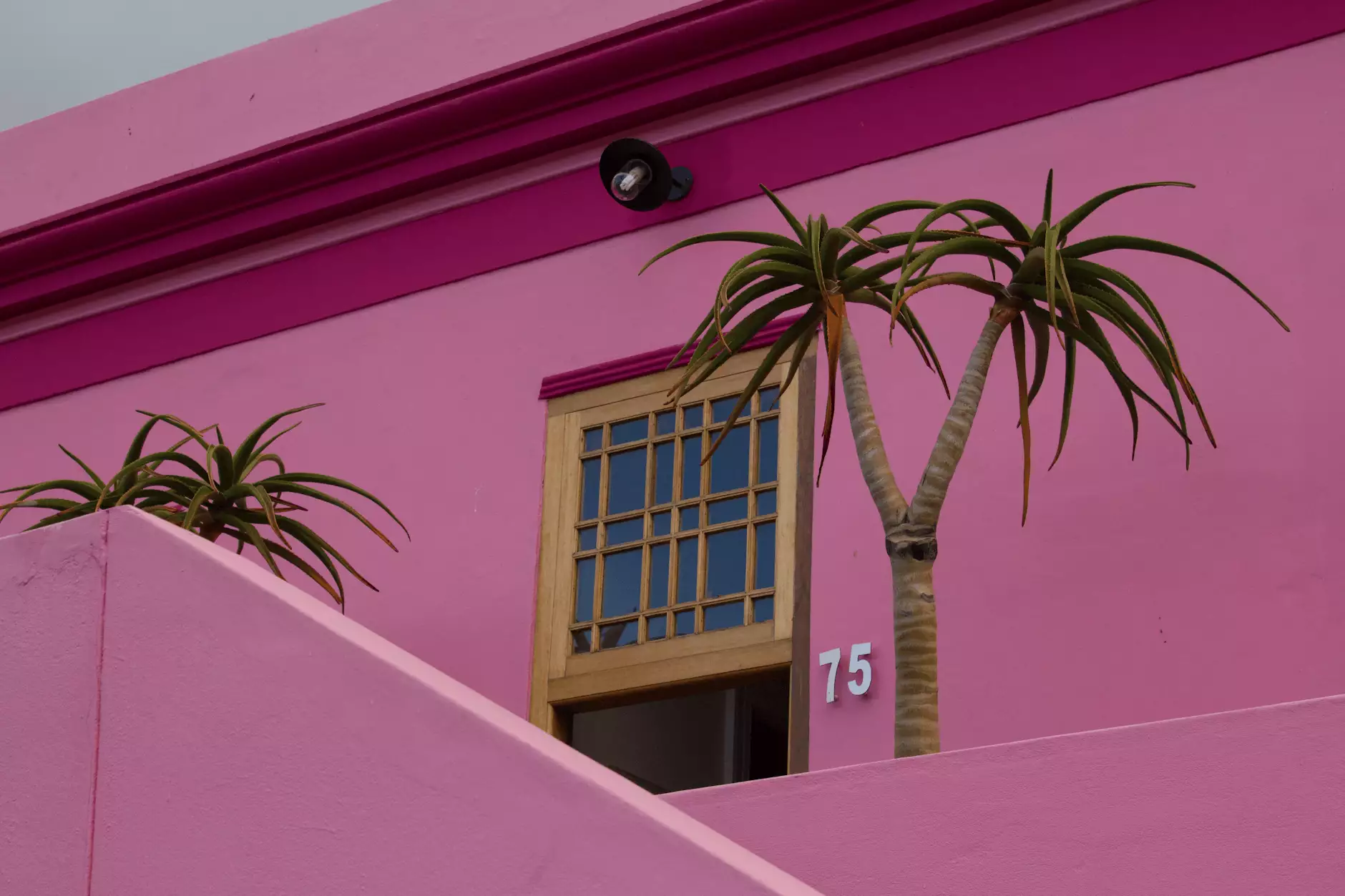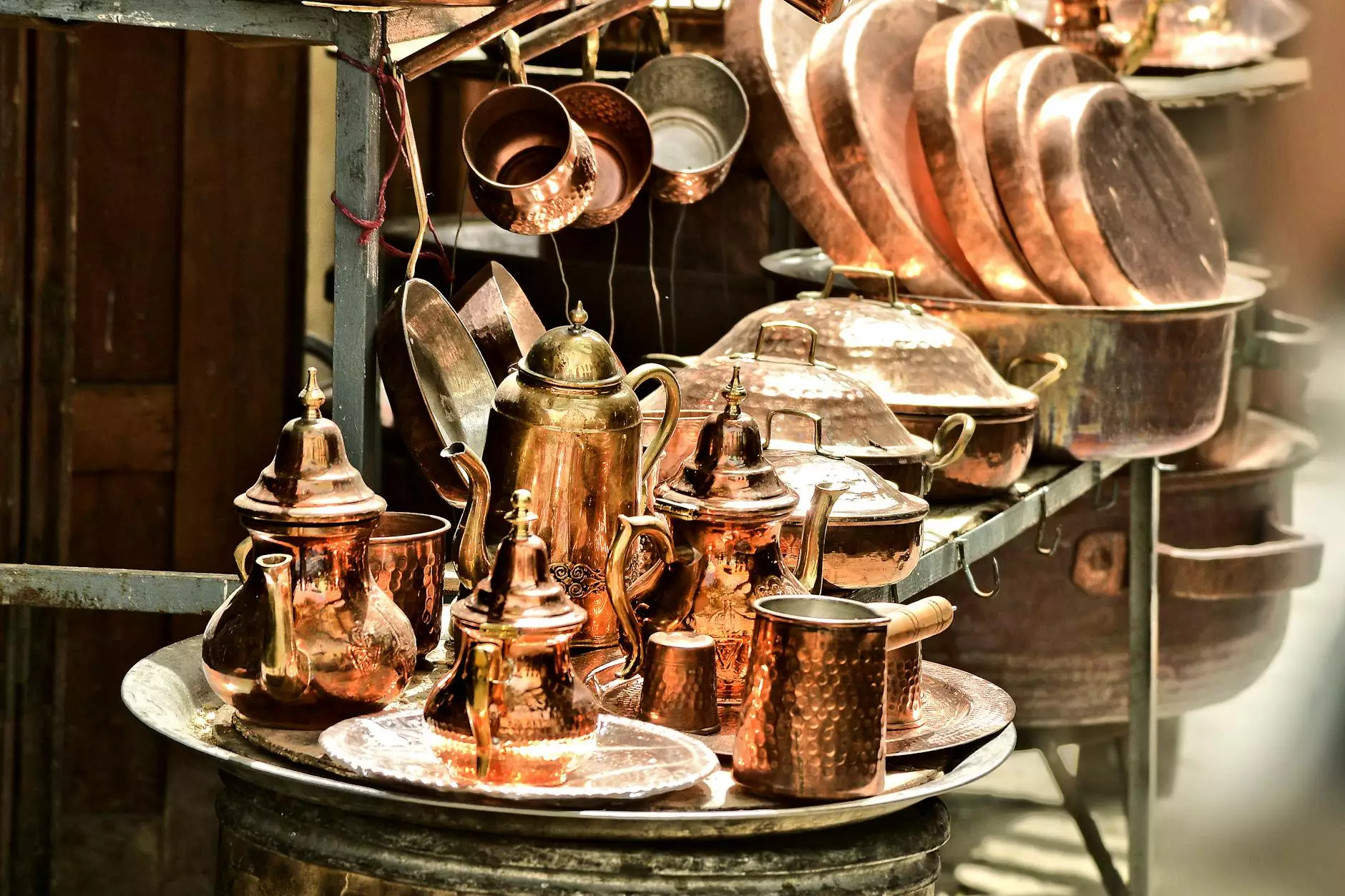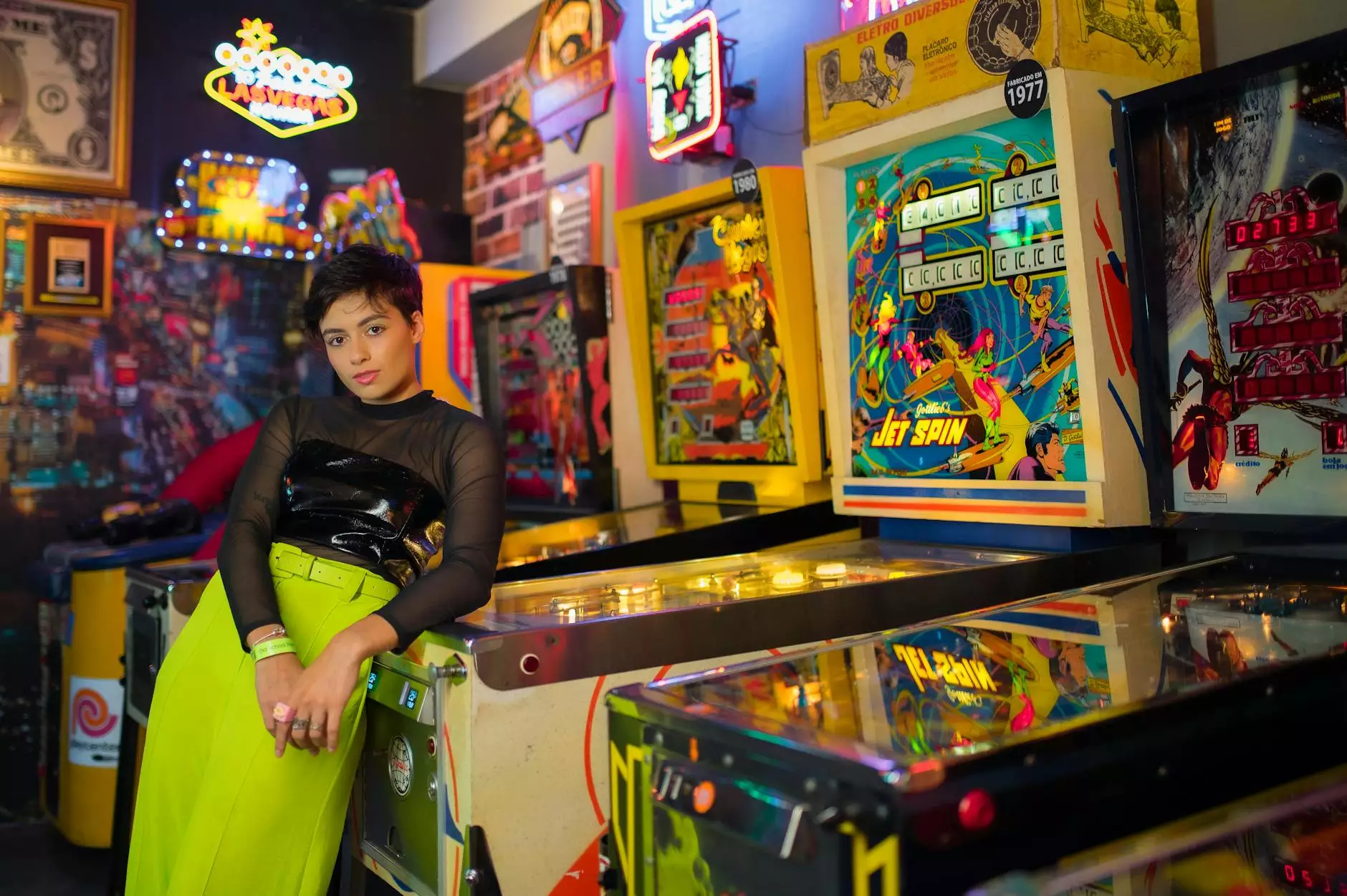The Evolution of South African House Music: Influences and Venues

South African house music has emerged as a powerful genre that blends various elements from traditional sounds to modern beats. The growth of this genre is not only a reflection of South Africa's diverse cultural landscape but also a testament to the creativity and resilience of its people. This article explores the rich history of South African house music, its influence on the global stage, and highlights key aspects such as music venues that have shaped this vibrant scene.
The Origins of South African House Music
House music, which originated in Chicago in the early 1980s, found its way across the globe, eventually establishing a distinctive identity in South Africa. The unique South African sound is characterized by the combination of traditional African rhythms, jazz, and soul influences, blended with modern electronic elements. This fusion created a foundation that would later lead to the development of genres like kwaito, and ultimately, the evolution of house music in its local form.
One of the significant factors in this evolution was the cultural diversity of South Africa. Each culture brought its own musical heritage, allowing artists to experiment and innovate. In the early 1990s, the lifting of apartheid opened up access to international music, further enriching the local scene.
The Impact of Kwaito on House Music
Kwaito, a genre that rose to prominence in the post-apartheid era, had an enormous influence on South African house music. It featured slower beats, catchy melodies, and often included lyrics in local languages such as Xhosa and Zulu. Artists like Mandoza and Zola incorporated house elements into their music, bridging the gap between genres and paving the way for the rise of house music. This intersection of styles made house a staple in local clubs and parties.
The Sounds of House: Key Elements
South African house music is known for its infectious grooves and uplifting melodies. Below are some of the key elements that define this unique sound:
- Syncopated Rhythms: The use of syncopation is prevalent, giving songs a dynamic and danceable feel.
- Traditional Instruments: Instruments like the mbira and various percussions are often used to add a traditional flair.
- African Vocals: Many artists incorporate soulful vocals that resonate with the emotions and experiences of South African life.
- Vibrant Beats: A combination of strong bass lines and high-energy beats is typical, making tracks ideal for dance floors.
Fakaza.site and the Digital Revolution in Music
In today’s digital age, platforms like fakaza.site have revolutionized how South African house music is distributed and consumed. These platforms offer a space for artists to share their music with a broader audience, bypassing traditional barriers in the industry.
Fakaza.site plays a pivotal role in promoting local artists, allowing them to reach global audiences. The site features a vast collection of tracks, making it a go-to source for both music lovers and DJs. This accessibility has inscribed South African house music into the global music consciousness, showcasing the rich tapestry of sound that the country has to offer.
The Role of Social Media in Music Promotion
Social media has transformed the landscape for artists to connect with fans. Platforms like Instagram, Facebook, and Twitter allow musicians to engage with their audience directly, share new releases, and promote upcoming events. This interactivity not only helps in building a fan base but also allows for organic promotion of their music. As a result, talented artists are often discovered and acknowledged through these channels.
Celebrating South African House Music at Local Venues
Many venues across South Africa have played an important role in nurturing the house music scene. These spaces not only provide a platform for local artists to perform but also create a vibrant community for music lovers. Here are some of the most notable music venues in South Africa:
- The Zone 6 Venue, Soweto: This venue is famous for hosting some of the biggest house parties, attracting top DJs and a vibrant crowd.
- Capello, various locations: Known for its electrifying atmosphere and eclectic music selections, Capello is a staple for house music lovers.
- The Mercury Live, Cape Town: A key venue for indie and house music, this spot allows emerging artists to gain exposure while providing excellent sound quality.
- Frontline, Johannesburg: A well-known club that showcases the best of South African talent, Frontline is often packed with dedicated fans of the genre.
The Importance of Live Events and Festivals
Live music events and festivals are integral to the South African house scene. They bring together fans and artists to celebrate the genre in a communal experience. Events like the Cape Town Electronic Music Festival and Afropunk highlight the growing popularity of house music and attract international acts, further bolstering the local music scene.
Global Influence and Collaboration
As South African house music continues to gain traction, collaborations with international artists are becoming increasingly common. These partnerships not only elevate the genre but also promote cultural exchange. Artists like Black Coffee, who has gained international fame, represent the talent flowing from South Africa to the world stage.
Such collaborations expose South African house music to new audiences, leading to innovative sounds and hybrid genres. The influence of this genre can now be felt in dance music across the globe, with tracks being incorporated into DJ sets in high-profile festivals and clubs worldwide.
The Future of South African House Music
The evolution of South African house music is a testament to the creativity and spirit of the nation. As artists continue to innovate and blend various influences, the genre remains vibrant and relevant. Furthermore, the rise of digital platforms like fakaza.site ensures that new talent will continue to emerge, providing fresh sounds and perspectives.
Looking ahead, it is clear that South African house music will receive continued attention on both local and international fronts. The community of artists, fans, and venues is essential to sustaining this momentum, ensuring that house music evolves while staying true to its roots.
Conclusion: The Heartbeat of South African Culture
In conclusion, South African house music is more than just a genre; it is a cultural phenomenon that embodies the country’s diverse heritage and artistic expression. With platforms like fakaza.site playing a critical role in its proliferation, and venues serving as the heartbeat of the music community, the future of South African house looks promising.
As we continue to celebrate this vibrant scene, it is essential to support local artists and venues, for they are the lifeblood of a musical landscape rich with potential and creativity. Get ready to dance, celebrate, and enjoy the sounds of South African house music that are breaking barriers and caressing souls across the globe.
south african house fakaza.site








